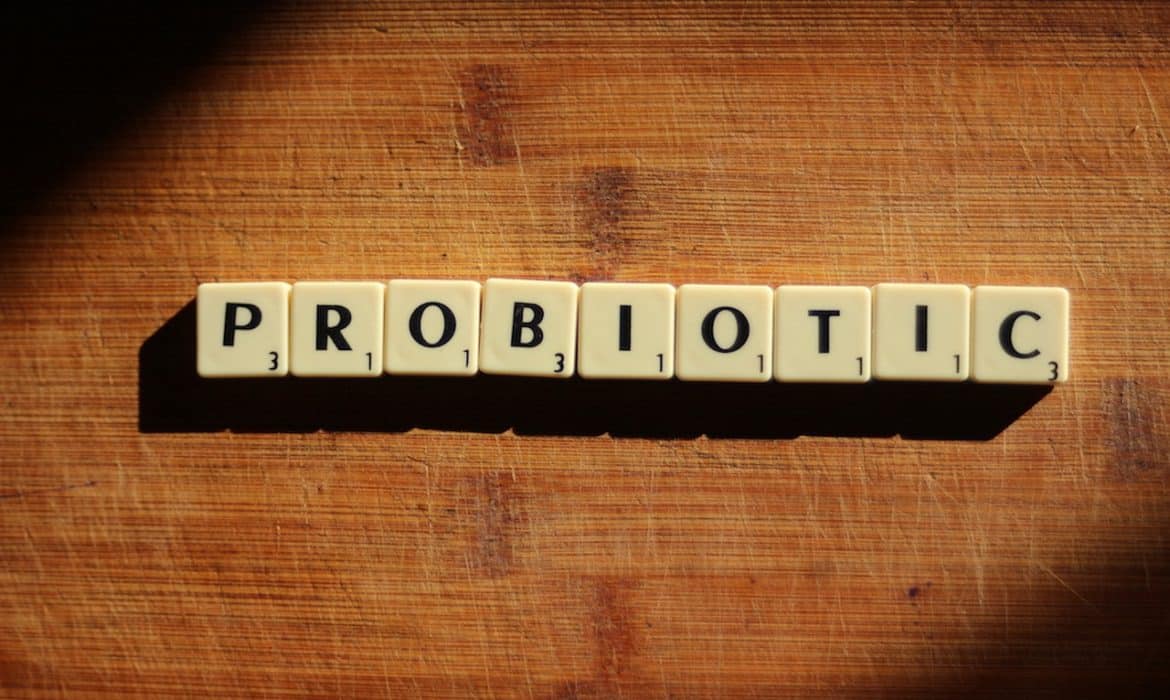Irritable bowel syndrome (IBS) is a chronic gut-brain disorder that can cause a variety of uncomfortable gastrointestinal symptoms including abdominal pain and diarrhea, constipation, or a mix of the two. IBS can reduce quality of life, often results in missed school or work, and can have a substantial economic impact.
Physicians diagnose IBS by identifying symptoms laid out in the Rome Criteria, a set of diagnostic measures developed by a group of more than 100 international experts. Limited diagnostic testing is also done to help exclude other conditions that could present with similar symptoms.
Although the precise cause of IBS remains unknown, recent research suggests that an imbalance in intestinal microbiota (the microorganisms living in your digestive tract) and a dysfunctional intestinal barrier (which, when working properly, helps keep potentially harmful contents in the intestine while allowing nutrients to be absorbed into the bloodstream) may be involved in the development of IBS in some people. Because of this, methods to restore the microbiota have been explored as treatment for this condition.
Balance of bacteria is important for gut health
Many digestive processes rely on a balance of various bacteria, which are found naturally in the gastrointestinal tract. If these bacteria fall out of balance, gastrointestinal disorders may occur, possibly including IBS.
Probiotics, which are bacteria or yeast that are associated with health benefits, may help restore this balance. Most probiotics used in IBS treatment fall under two main groups: Lactobacillus and Bifidobacterium. These probiotics are thought to assist the digestive system. Among other functions, they may strengthen the intestinal barrier, assist the immune system in removing harmful bacteria, and break down nutrients.
Probiotics may relieve symptoms of IBS
The American College of Gastroenterology conducted a meta-analysis of more than 30 studies, which found that probiotics may improve overall symptoms, as well as bloating and flatulence, in people with IBS. However, the overall quality of evidence of studies included in the meta-analysis was low, and specific recommendations regarding use of probiotics for IBS remained unclear.
The probiotic strain Bifidobacterium bifidum MIMBb75 has been reported to adhere particularly well to intestinal cells, and therefore may have an advantage in altering the intestinal microbiota and increasing the intestinal barrier.
In a clinical trial published in Alimentary Pharmacology & Therapeutics, once-daily Bifidobacterium bifidum MIMBb75 significantly improved overall IBS symptoms, as well as individual IBS symptoms including abdominal pain, bloating, and fecal urgency.
Recent study finds inactive probiotics relieve IBS symptoms
More recently, Bifidobacterium bifidum MIMBb75 has been shown to improve symptoms of IBS, even in its inactivated form. For the eight-week, double-blind, placebo-controlled clinical trial published in Lancet Gastroenterology, researchers studied whether the heat-inactivated form of Bifidobacterium bifidum MIMBb75 could alleviate IBS symptoms. (The heat-inactivated Bifidobacterium bifidum bacteria were nonviable, but retained their shape as well as their ability to adhere to intestinal cells.)
Overall, 443 patients (average age 41, 70% women) were randomized to receive heat-inactivated Bifidobacterium bifidum MIMBb75 or placebo once daily. A total of 377 patients (190 probiotic and 187 placebo) completed the trial. The primary endpoint was defined as a 30% or greater improvement of abdominal pain and at least “somewhat relieved” overall IBS symptoms for four or more weeks of the eight-week study duration. Significantly more patients receiving the Bifidobacterium probiotic met the primary endpoint compared to patients receiving placebo (34% versus 19%).
In addition, a significantly greater percentage of patients receiving the probiotic also reported adequate relief of symptoms compared to placebo. Finally, individual symptoms including bloating, bowel movement satisfaction, and quality of life were also significantly improved with Bifidobacterium bifidum MIMBb75 compared to placebo.
Advantages of inactive probiotics
Previously, general consensus held that only active, living bacteria may have beneficial effects. But these results suggest that heat-inactivated Bifidobacterium can play a significant role in relieving symptoms of IBS, a syndrome with typically limited options for relief.
This is important because inactive probiotics have several potential advantages over active probiotics. For example, they are more likely to be stable, particularly if exposed to excessive heat. Inactive probiotics are also easier to standardize than active probiotics. Active probiotics also raise concerns for patients who may be susceptible to infection; inactive probiotics should relieve these concerns. Whether other strains of heat-inactivated probiotics will also improve IBS symptoms remains unknown.












